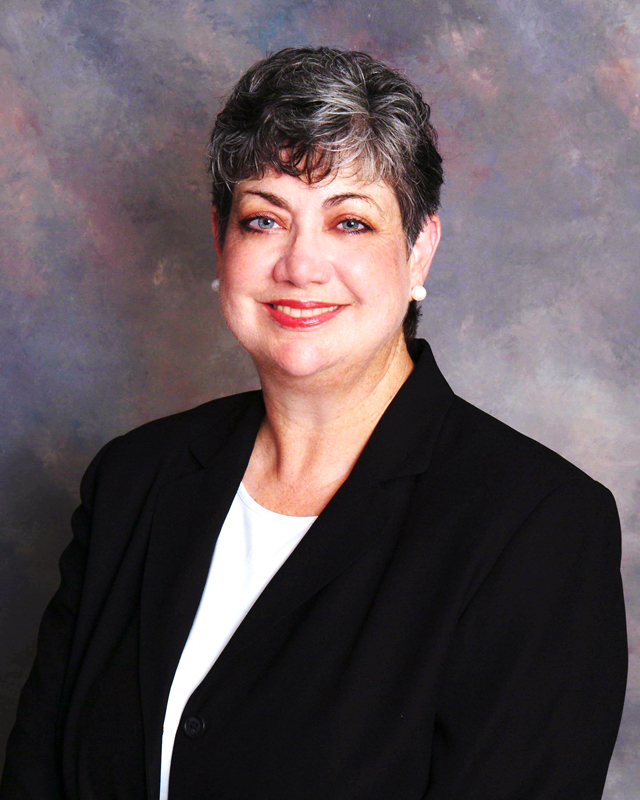Joyce Waugh walks through the still-empty Roanoke Regional Entrepreneur Center, on the mezzanine floor at the Roanoke Regional Chamber of Commerce’s offices in downtown Roanoke. She shows a visitor the newly painted offices, the well-appointed conference room, the cozy break room, and looks into the near future where budding entrepreneurs will grow their businesses – and the region’s economy.
Waugh, the chamber president, is rightly proud of the first concrete result from a broad-based Entrepreneur Task Force that the organization convened. Working with the Small Business Development Center, the group developed a plan to accelerate startups, by creating the Entrepreneur Center.
“We asked, ‘what can we do?’” said Waugh. “We have to do a better job of growing our own. The diversity of our small businesses is our strength.”
The Center – really an accelerator more than an incubator – builds on the work of the SBDC, which provides free one-on-one counseling and technical services to start-ups, entrepreneurs and existing small businesses. SBDC staff will be onsite and provide mentoring, counseling and other services to the companies housed at the Center. But they won’t be the only ones providing assistance.
Plans call for the Center to have four to six anchor tenants – SBDC clients that are beyond the initial start-up stage and provide basic services, such as accounting, public relations, computers and net working, as well as technology and biotech firms. After an approval process, they would be offered office space for a year, at reasonable lease rates, and would agree to provide assistance to other small businesses in the form of one hour of counseling or consulting each month.
As with many similar accelerator or incubator facilities, tenants have use of the conference room, wireless Internet service, copier (with a per copy cost) and a downtown business address. Waugh notes that these services are not readily available elsewhere in the region.
The “virtual tenants,” or entrepreneurs, have access to the Center’s office facilities one day a week (scheduled in advance) and to the conference room four hours a month, as well as direct access to the SBDC staff and to counseling by the anchor tenants.
The conference room and mailing address (with someone to sign for packages) is “very important to entrepreneurs working out of their homes,” said Sam English, Ph.D., CIE Partners and task force facilitator. Home-based start-ups will have the ability to meet clients in a business-like setting instead of in a coffee shop, he added. Monthly cost to the virtual tenants is $100.
At the end of the process, the budding start-ups would be eligible for a small ($250-$500) incentive grant to locate in the region. Criteria, such as a viable SBDC reviewed business plan and completed Business Basics course, would be required.
English described the work of the task force as basically setting up an entrepreneur network that ties the various services and sources together. “We have a good challenge now – letting people know what’s available,” he said. “The goal with the Entrepreneur Center is to add an additional infrastructure and resources to help entrepreneurs.”
The group did extensive research on similar small business centers, visiting nearby facilities and determining what is available. Beth Doughty, task force member and executive director of the Roanoke Regional Partnership, said that while there are many resources available to entrepreneurs and small business owners, the resources are fragmented and difficult to find. “I saw a need for an on-line tool to bring together all the entrepreneurial resources in the region – kind of a one-stop-shop for start-ups as well as existing small businesses,” she said.
When it’s launched in April, a website will include links to information on where to get help, funding, business-to-business resources, data for decisions, steps to starting a business, and education. It also will include an events calendar, video and opportunities to interact on-line with other entrepreneurs. It will not have a lot of unique content, but rather will serve as a one-stop portal to information that is already available in many different places.
The bricks-and-mortar Entrepreneur Center is open for business now, Waugh said. She’s looking forward to filling empty offices and have spaces humming with activity, and to the successful launch of new small businesses, which, she notes, “is the best advertisement for our region’s business climate.”




This is a good thing for start up companies. I know it will be very much appreciated and much needed in direction.
How exciting! Roanoke is blessed to have a wonderfully talented and growing community of small business owners. I believe that the economic future of the Valley will be rooted in our small business owners and their entrepreneurial spirit.